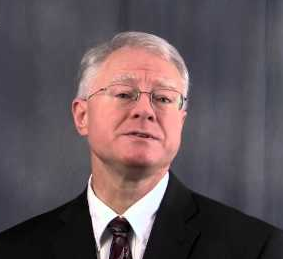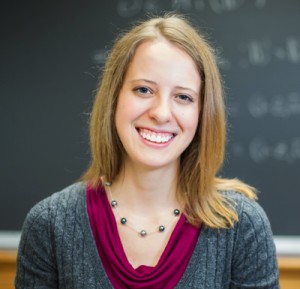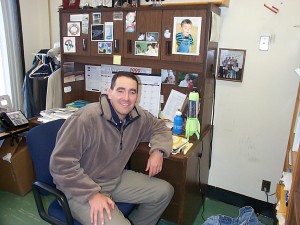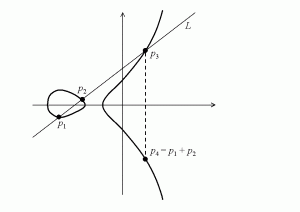Title: The Use of Markov State Models in Reliability, Availability, and Maintainability (RAM) Analysis
Abstract: Three of the most important attributes of a system are its availability, reliability, and maintainability. A large portion of a typical system’s life cycle cost is driven by its reliability and maintainability. Reliability, Availability, and Maintainability (RAM) analyses are performed as a part of the development of almost all large-scale systems. Conceptually, there is a simple algebraic relationship between these three parameters that may be derived from a simple Markov state model. For complex systems, the models can become quite challenging. This seminar will provide 1) a discussion of why availability, reliability, and maintainability are important characteristics of a system; 2) definitions for each characteristic and their associated metrics; 3) an example of a simple system and how a simple Markov state model may be developed and used to derive the algebraic expression for the relationship between the three metrics; 4) an example of how the expression may be used to perform trade studies and sensitivity studies; and 5) a discussion of the simple analytical framework may be extended to address more complex systems.



